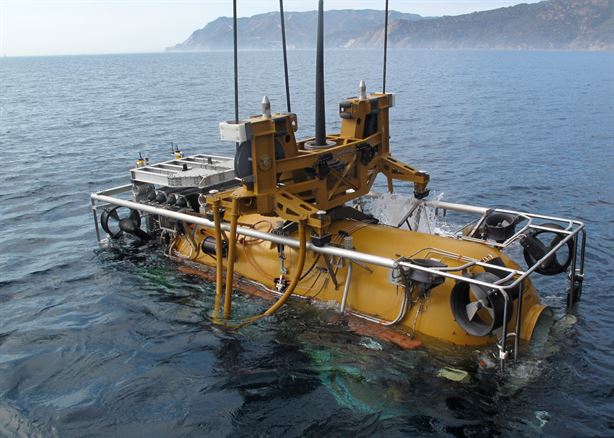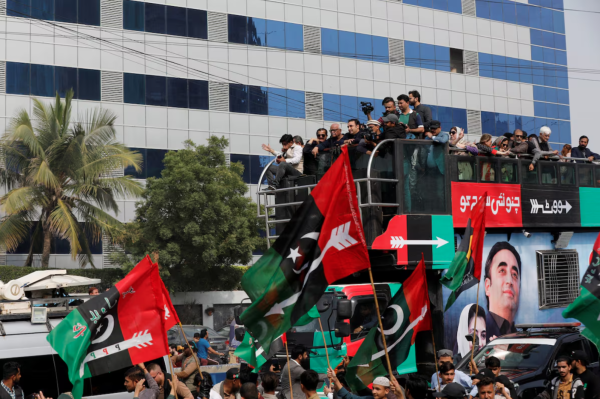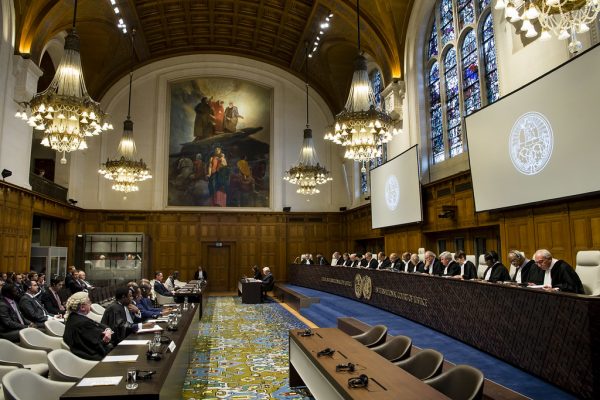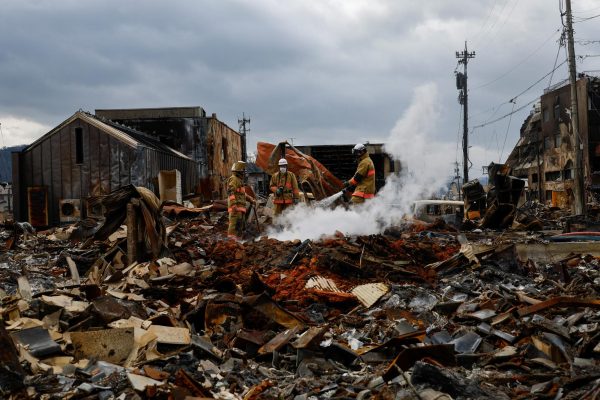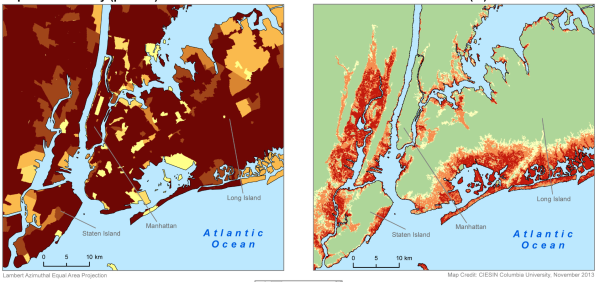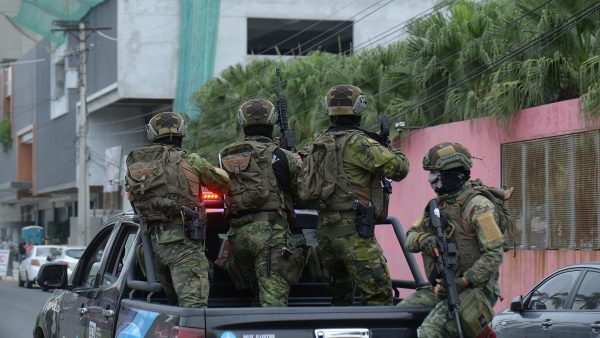The Sticky Situation of Venezuelan Oil
The economic situation in Venezuela is rapidly deteriorating. According to the Financial Times, under leaders Hugo Chávez and Nicolás Maduro, the Venezuelan economy has declined into a depression in which many citizens struggle to obtain basic necessities. The situation has received the attention of Argentine President Mauricio Macri, who urged President Trump to instate a full oil embargo on U.S. imports from Venezuela.
According to Business Insider, experts on the situation believe that Trump will not enact the full embargo due to the severe impact it could have on both the U.S. and Venezuelan economies. Ever since Venezuela became an economic leader in South America, the gap between rich and poor has grown wider.
It was not until the term of ex-president Hugo Chávez that the economic situation escalated to a crisis. Chávez, a Marxist and Socialist leader whose reform policies appealed to the poorer population of Venezuela, meant to shrink the social class gap. Instead he created an unsustainable system of government spending.
Under current leader Nicolás Maduro, the situation has only continued to worsen.
The leading factor behind Venezuela’s strong economy has long been oil exports to numerous countries, including the United States. However, reports Financial Times, falling oil prices has caused the Venezuelan economy to tank by thirty-five percent.
That is worse than the United States economy during the Great Depression of the 1930s. Due to the economic and political crisis, President Maduro announced that the country could no longer pay its foreign debts.
Now, Venezuela is wracked by protests that have claimed the lives of over 120 protesters and other victims of the violent government crackdown.
Despite discussions between many Latin American countries about how to respond to the Venezuelan economic crisis, few have supported a full embargo on Venezuelan exports. According to Cynthia Arnson, director of the Latin American Program in Washington, D.C., “there is a deep concern about the situation in Venezuela […] but there is also nobody calling for that tough of a line.” She displays concern for the lack of action amonst the Latin American nations.
Despite Argentine President Macri’s claim that a US embargo of Venezuelan oil exports would garner support among Latin American countries, many leaders of the region discourage unilateral sanctions from the United States.
The embargo would have a significant negative impact on the United States economy as well. Not only would 3,500 people become unemployed, but, according to Fox News, it would hurt the country’s global competitiveness and cause a significant rise in oil prices.
Experts believe that the Trump administration might enact the embargo due to the fact that, according to Fox News, Trump has issued “numerous sanctions against members of Maduro’s government and the country itself in an attempt to ratchet up pressure on Caracas to reverse course and meet opposition demands.”
However, opposition to the embargo is evident in Gulf states like Texas, who would suffer severely from the lost oil.
U.S. officials are still attempting to find a peaceful solution that will benefit both countries. The U.S. government already prohibited US institutions from loaning money to the Venezuelan government, but hesitates to push for a full oil embargo.
Meanwhile, Macri continues to call for Venezuela to be isolated from the Latin American community, claiming that it would help the country stabilize without severely harming economic allies.
It is hard to predict whether or not the Trump administration will continue to import over 800,000 oil barrels a day or enforce an embargo.

